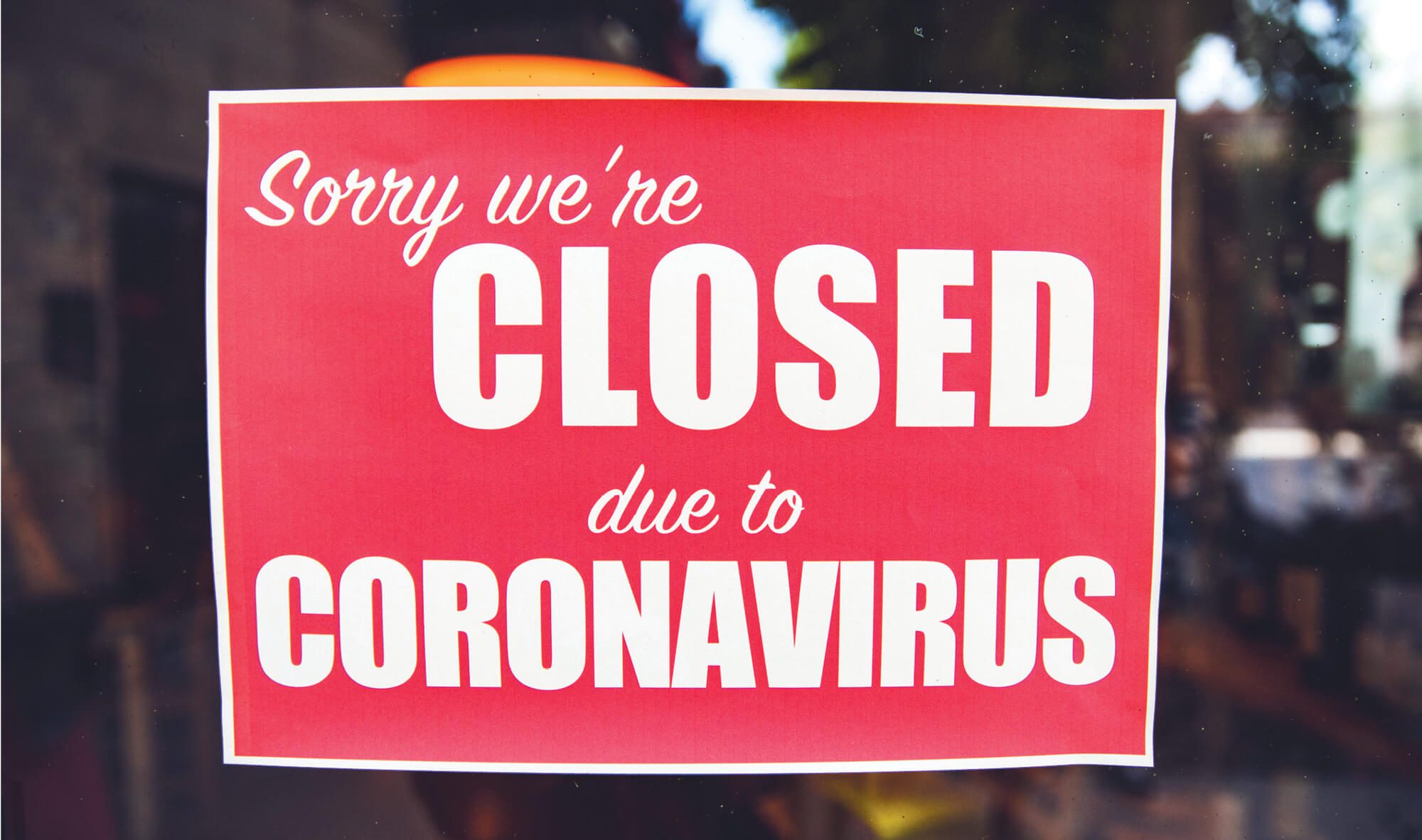How chain stores influenced small businesses during COVID

Since the pandemic began, local shops, restaurants, and other small businesses have struggled with how best to respond to the ever-changing crisis.
Haas researchers have found that when it came to daily closures, big chains set the tone: In the pandemic’s first few weeks, local businesses not affiliated with a chain were more likely to close their doors if competing chain outlets in the same ZIP code shut theirs.
The study, published in Management Science, focused on service-oriented businesses, such as retail shops, restaurants, movie theaters, and gyms, and excluded essential industries, such as grocery stores and gas stations.
The researchers—Assistant Professors Mathijs de Vaan and Abhishek Nagaraj; Associate Professor Sameer Srivastava, the Ewald T. Grether Chair in Business Administration and Public Policy; and PhD student Saqib Mumtaz— used anonymized cellphone-tracking data to determine whether 230,403 local businesses in the same ZIP codes as 319 national chain establishments were open or closed each day between March 1, 2020, just before local governments began issuing stay-at-home orders, and April 15, 2020.
Nationwide, if a chain store closed one day, a competing community business in the same ZIP code was, on average, 3.5% more likely to close the next day. That may not sound like a lot, but that’s just the daily level. “If you accumulate 3.5% across days and establishments and places, it adds up to be a fairly consequential effect in a town that may have hundreds of businesses,” Srivastava says.
While the focus was on closures, the researchers say the lessons are applicable to more current questions, such as whether to impose mask or vaccine mandates or let employees work from home.